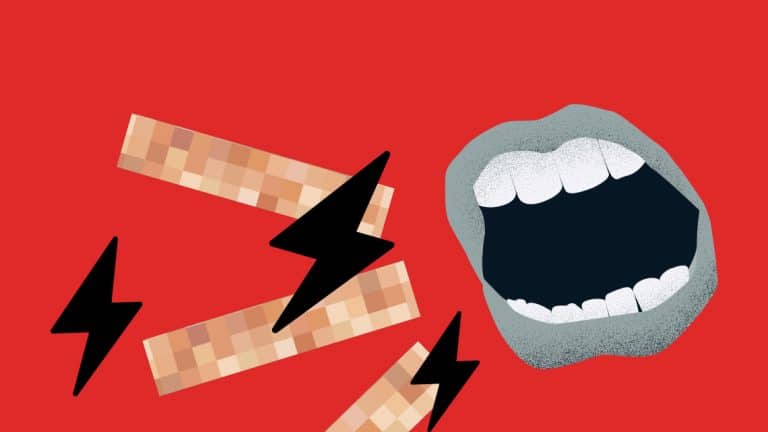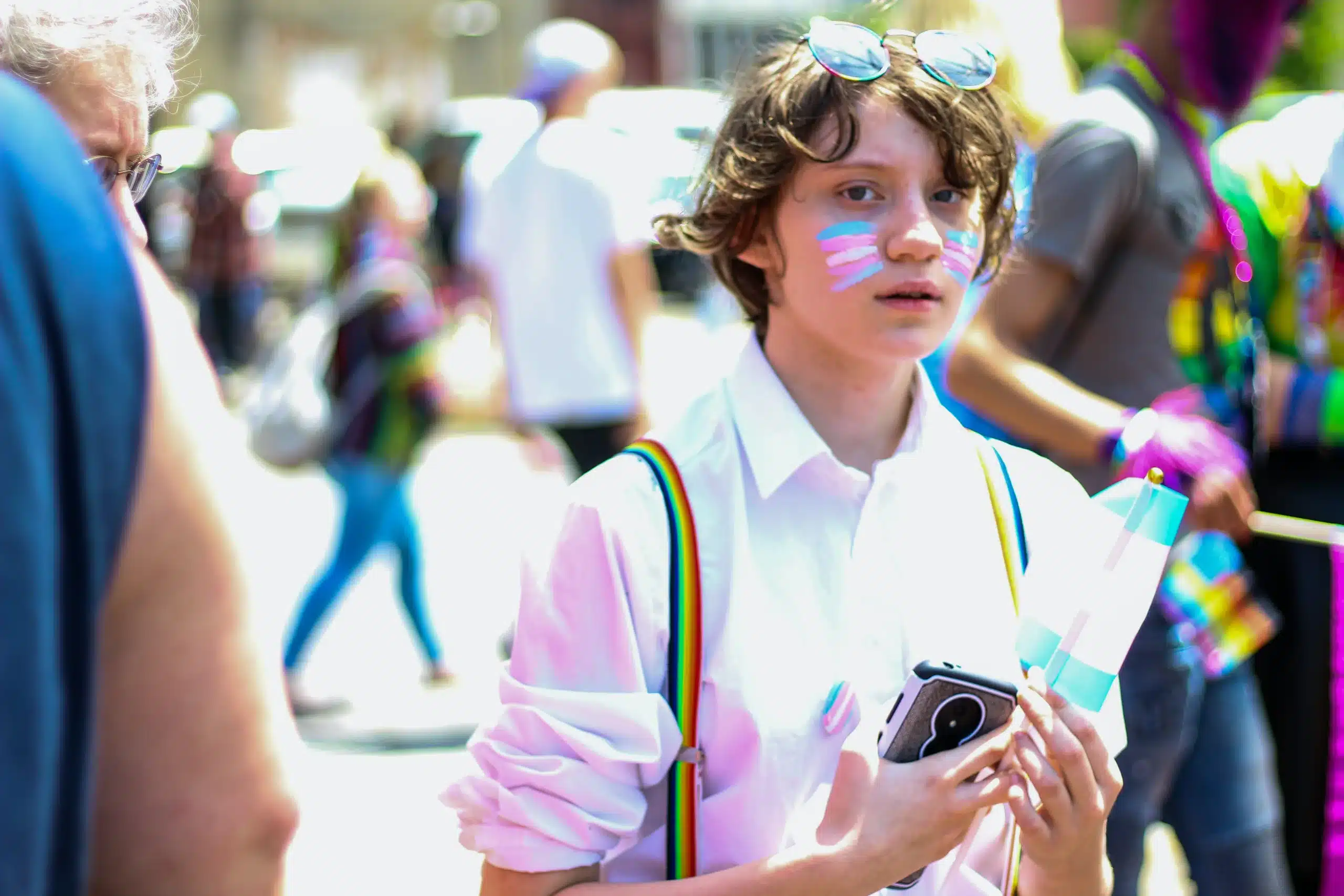Teens and “sexting” report
Over the last ten years the sharing of nude images or videos (sometimes known as “sexting”) by young people has emerged as a concern. Despite this, no research had been conducted on the prevalence of the sharing of nudes among young New Zealanders. This study addresses this and raises important questions for all those with…

Over the last ten years the sharing of nude images or videos (sometimes known as “sexting”) by young people has emerged as a concern. Despite this, no research had been conducted on the prevalence of the sharing of nudes among young New Zealanders. This study addresses this and raises important questions for all those with a role in supporting young people’s healthy development.
We believe this report makes an important contribution to the overall understanding of young people’s experience of these behaviours. However, it only provides a snapshot, and more work is required to understand how best to support young people as they navigate the challenges and potential risks.
This report is being released as part of a larger project exploring young people’s experiences of digital risk and harm, carried out by a partnership between Netsafe and the Ministry for Women.
Key findings
- 4% of teens say they have sent nude or nearly nude content of themselves in the last 12 months. The percentage nearly doubles among older teens aged 17 years old (7%).
- 1 in 5 have been asked for nude or nearly nude images of themselves in the last year.
- Nearly a quarter of all girls (24%) surveyed have been asked for nude images of themselves in the last 12 months compared to boys (14%). The percentage of those receiving unsolicited nude content in the last 12 months is slightly higher in girls compared to boys as well.
- 5% of all boys surveyed have asked someone for nude images or videos of them. In contrast, the percentage for girls is 2% in the last 12 months.
- For Māori and Pacific teens it is more common to be asked for nude content of themselves than other ethnic groups.
- Nearly 1 in 4 Māori teens have received unsolicited nude or nearly nude content. This figure is higher than NZ European/Pakeha and Pacific teens.
- Teens with disabilities were more likely to be asked for nude content of themselves and receive unsolicited nude content than those without impairments.
- Almost 4 in 10 say they know someone who has shared nude pictures or videos with someone else at some point in the past.
- About half of those who have personally experienced or know someone involved in the sharing of nude content say this happens ‘often or very often’. Perceptions are higher among female respondents, and Pacific teens.
- Almost 3 in 10 are aware of someone else who has received nude or nearly nude content they did not ask for, and almost a quarter are aware of someone being asked for nude or nearly nude content of themselves.
- Almost three-quarters agree that people should be punished for threatening to share images while a third think that available information and advice tackles issues related to the sharing of nude content well.
- The majority disagreed with the following statements:
- Adults overreact about the sharing of nudes;
- Sharing nudes is a good way to explore things about yourself;
- It is OK to keep nudes that have been sent to you long after you received them; and
- Sharing nudes is not a problem because everyone does it.
- Views are mixed on the degree of pressure to send nude content. Just over half of young people (54%) think that nude images or videos are sent by their peers to seek attention, gain social approval, or because of peer pressure. While views are mixed on the degree of pressure to send these types of images, females are more likely to report such pressure than males
ABOUT RESEARCH AT NETSAFE
Netsafe established a research programme in November 2016 as part of its role as the Approved Agency under the Harmful Digital Communications Act 2015. Netsafe’s research explores the relationship between digital technology, people and society primarily in the context of the risk and impact of harmful digital communications.
Netsafe’s research programme is contributing with exploratory research of topics involving adult and young New Zealanders. Our contribution includes:
- Adult New Zealanders and harmful digital communications.
- Teenagers and the prevalence of the sharing of nudes (‘sexting’).
- Teenagers’ interaction with digital technologies and views on online safety.
- Perceptions of teenagers about digital risks and harm (qualitative).
- A measure of teenagers’ personal experiences of digital risks and harm.
The Netsafe research team
Neil Melhuish, Director of Policy
As Director of Policy at Netsafe, Neil is the interface between the organisation and its government partners. Neil provides expert advice on the role and impact of digital technology in the lives of children, young people, family and whānau. In relation to education this involves providing advice to the Ministry of Education on trends and emerging issues.
Edgar Pacheco, Research Analyst
Edgar is our Research Analyst. His role is to plan and implement Netsafe’s research and evaluation. Edgar holds a PhD in Information Systems and a BA (Hons) in Public Policy. Before joining Netsafe he worked for Victoria University of Wellington as a research project manager and research assistant on eGovernment and other technology-related topics. He has also conducted and published research on digital technologies in the context of young people, higher education, and disability.
WORK WITH US
We’ve worked on projects with the Ministry for Women (NZ), UK Safer Internet Centre, University of Plymouth (UK), Office of the eSafety Commissioner (Aus), Office of Film & Literature Classification (NZ), UNICEF (NZ), and Waikato University’s CROW Lab. Find us at the conference to discuss how we can work together, or email [email protected]







